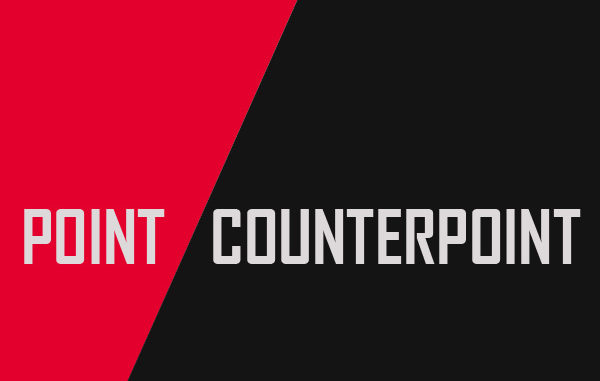
By Eva S and Justin C
“What is a caucus?” It’s a question that has been asked a lot in the discourse recently, especially after the latest National Convention. A caucus, defined in the simplest terms, is a conference of members around a particular set of issues. Some caucuses are identity-based, such as the DSA Afrosocialist Caucus or the DSA Queer Caucus, and others, such as the Libertarian Socialist Caucus, are organized along ideological issues. We are members of Emerge, a caucus of comrades organized around our Points of Unity, with our goal of a “communist horizon.”
Many comrades have expressed hesitancy at caucuses. They worry they promote factionalism, and may cause DSA to split. In my experience, getting involved with Emerge—after a long period of burnout and reevaluating my priorities within organizing—has helped me get more involved with my local chapter. I don’t plan on leaving DSA or “splitting off” anytime soon.
NYC-DSA is the largest chapter of the largest socialist organization in the United States. With an estimated 55,000 thousand members and growing, DSA is often described as a “big tent” organization, meaning one where different ideologies and tactics can coexist. We see Emerge as one pole in our big tent. We don’t think the big tent is meaningful in any way without all of its different poles. There’s no tent without ideological struggle and the reconciling of those differences, which generally can’t be clarified without the organization that caucuses allow.
We’re all in DSA because we want to win and achieve a socialist society, but there are so, so many ideas about what that actually means and which strategies and tactics move us in that direction. All of these ideas need to be clarified and articulated in order to win buy-in with the organization at-large. Caucuses provide the space for this clarification and articulation. Concrete examples could be winning elections, passing proposals through the CLC, or at the citywide level.
At the 2019 citywide convention, Emerge caucus had two experiences of clarifying and articulating a vision and working to move people toward it. The first was the revival and reworking of a resolution which had not passed at the last convention: “Aim to Elect a Socialist City Council Slate in 2021.” We saw alignment with our vision of electoral strategy as a means by which we advance class struggle and more deeply connect our movement work to our electoral work, and all of our work to working-class New Yorkers. The second was our work to pass the “Resolution to Support Open Borders,” which had narrowly missed the threshold to make the agenda. Because our caucus had a shared analysis of the enormous importance, particularly in this political moment, of fighting against national chauvinism, decriminalizing immigration, demilitarizing the border, and defending the right of working people to move or remain where they like, we saw it as vital that the largest chapter of our organization come out boldly in solidarity with immigrants and workers everywhere ahead of our national convention. So we organized to move to suspend the rules to get the resolution onto the agenda. We would not have been able to win that vote without the support of members from other caucuses who were amenable to our position. An adapted version of our resolution just passed on the consent agenda at the National Convention in Atlanta.
Aside from providing structure to coordinate political actions, another benefit of caucuses is the political development of members, who share general politics but maybe lack specifics on what exactly that affinity means in various contexts. We grow as political thinkers and actors, struggling with ideas, debating how we move from our here and now towards our chosen horizon. This is not generally seen as a primary purpose of caucuses, but it’s one that we care about deeply. The struggle of ideas comes through debates, generative conversations, and internal political education.
Without experiencing the many political benefits of caucuses, some might believe that that they function as just social groupings. There are many people in Emerge I’d consider friends and comrades, but the social aspects of caucuses are unfairly disparaged. In a world where we’re constantly facing oppression, where the threat of ecological disaster looms over us daily, where fascists are in power, there’s something beautiful in building a community centered around collective care and looking out for one another. Caucuses aren’t just social groupings, we are in a political organization after all, but our comrades in Emerge help keep each grounded.
Caucuses might not be for everybody. Maybe there isn’t a caucus that aligns with one’s politics. Maybe someone is not interested in participating in internal politics, or organizing outside of formal DSA structures, and that’s fine! Caucuses are one way among many to engage in DSA, and while no one should feel pressure to join one, we encourage you to consider how a caucus might add to your political journey.
